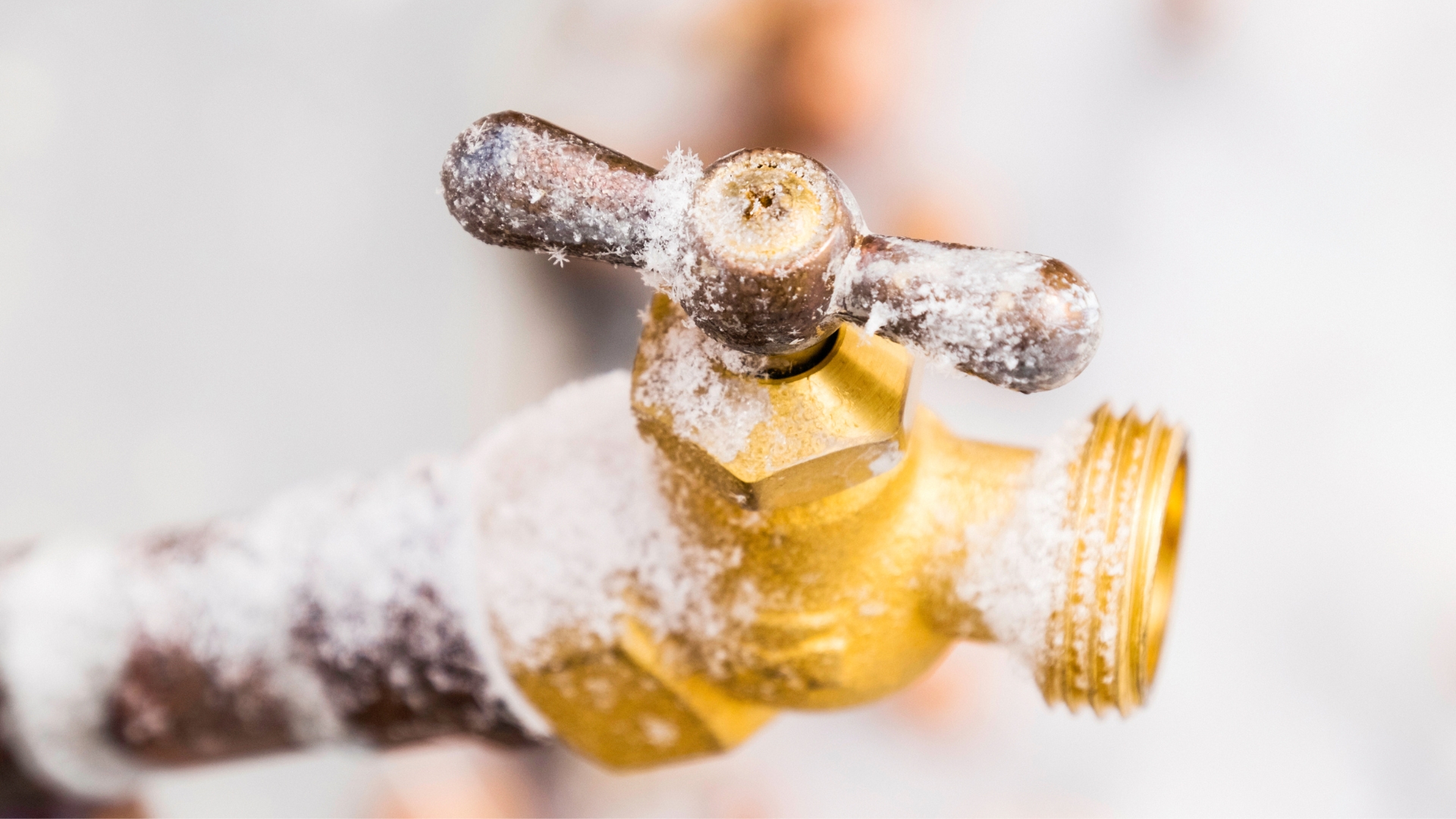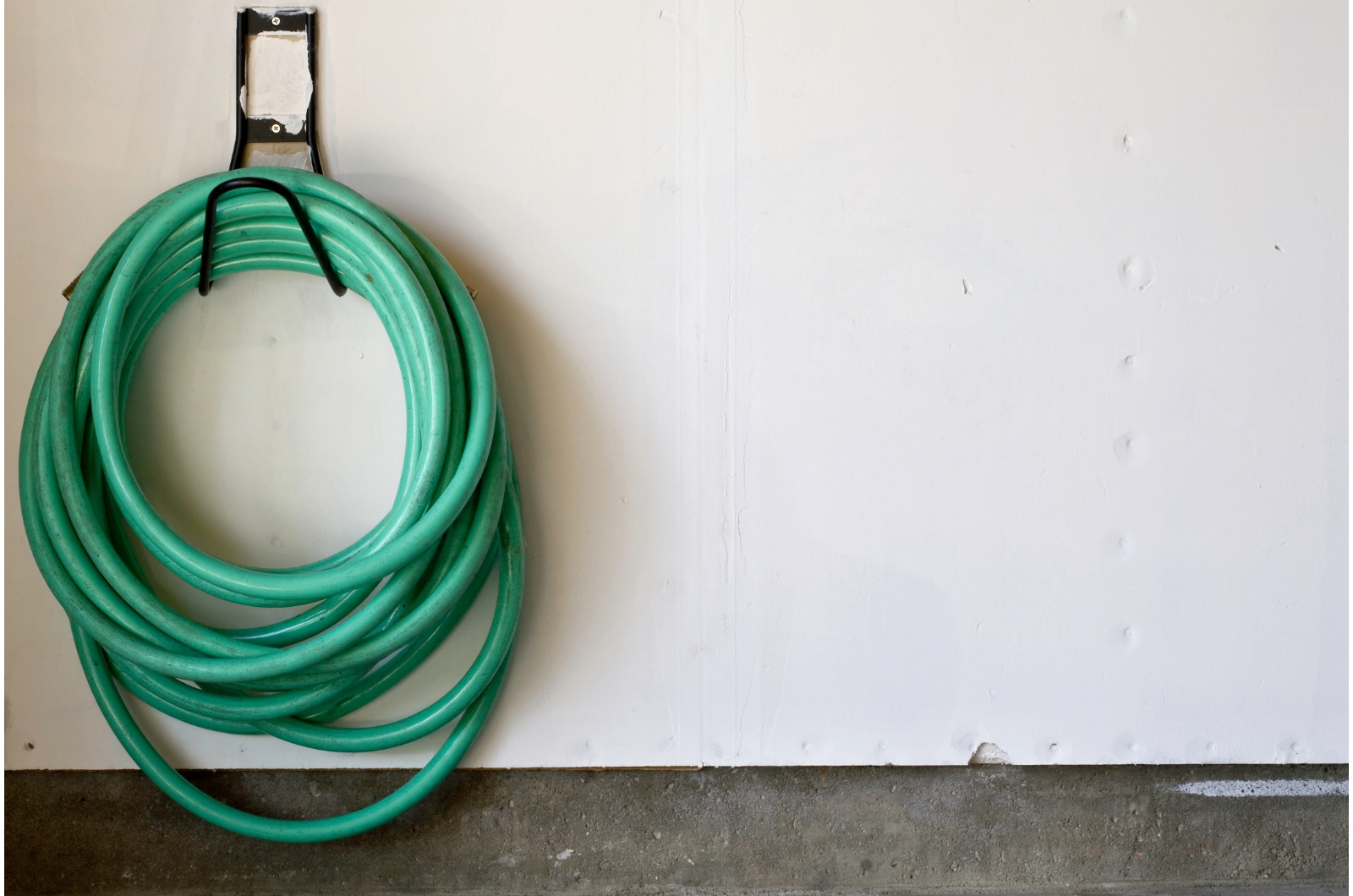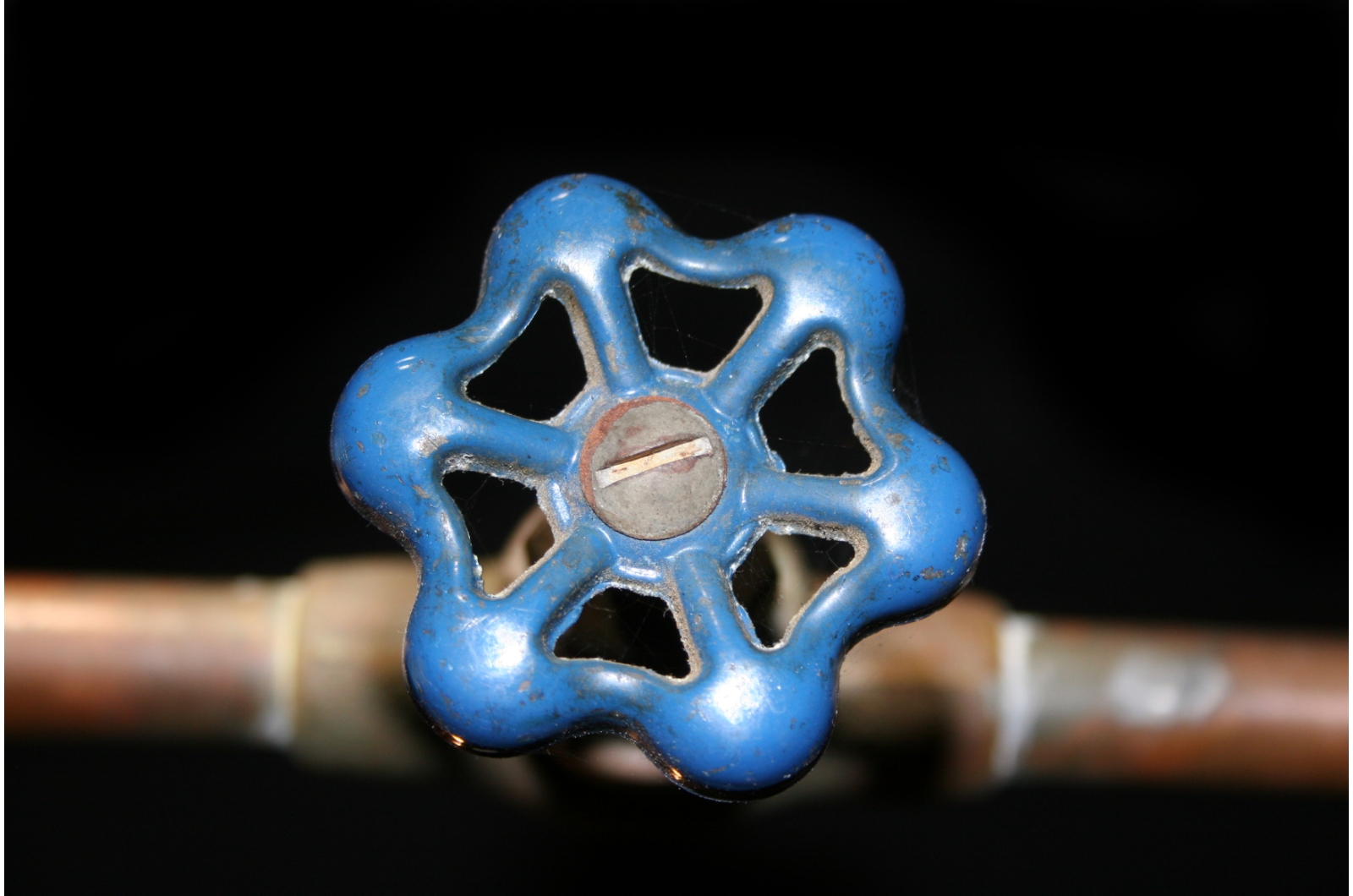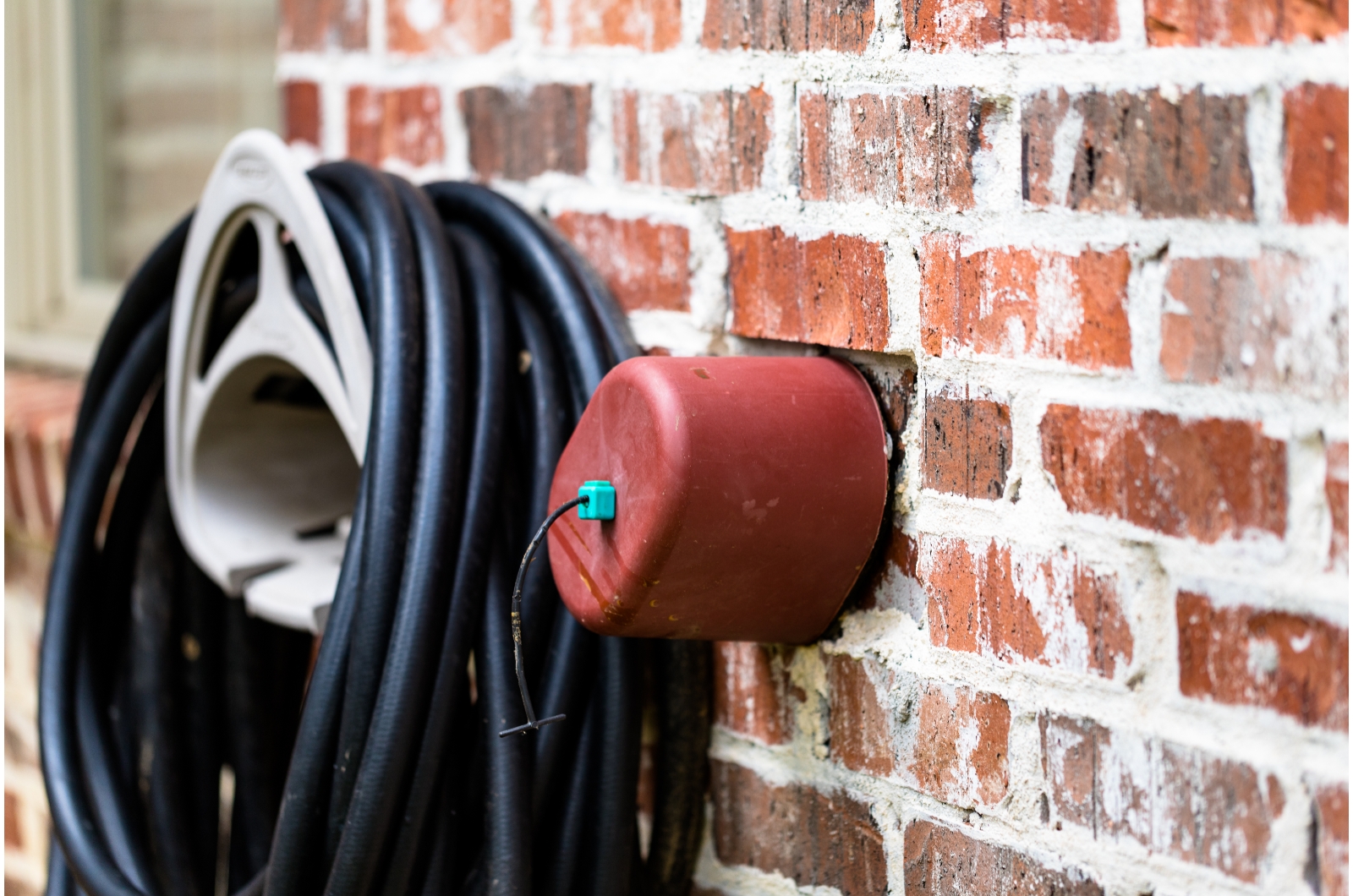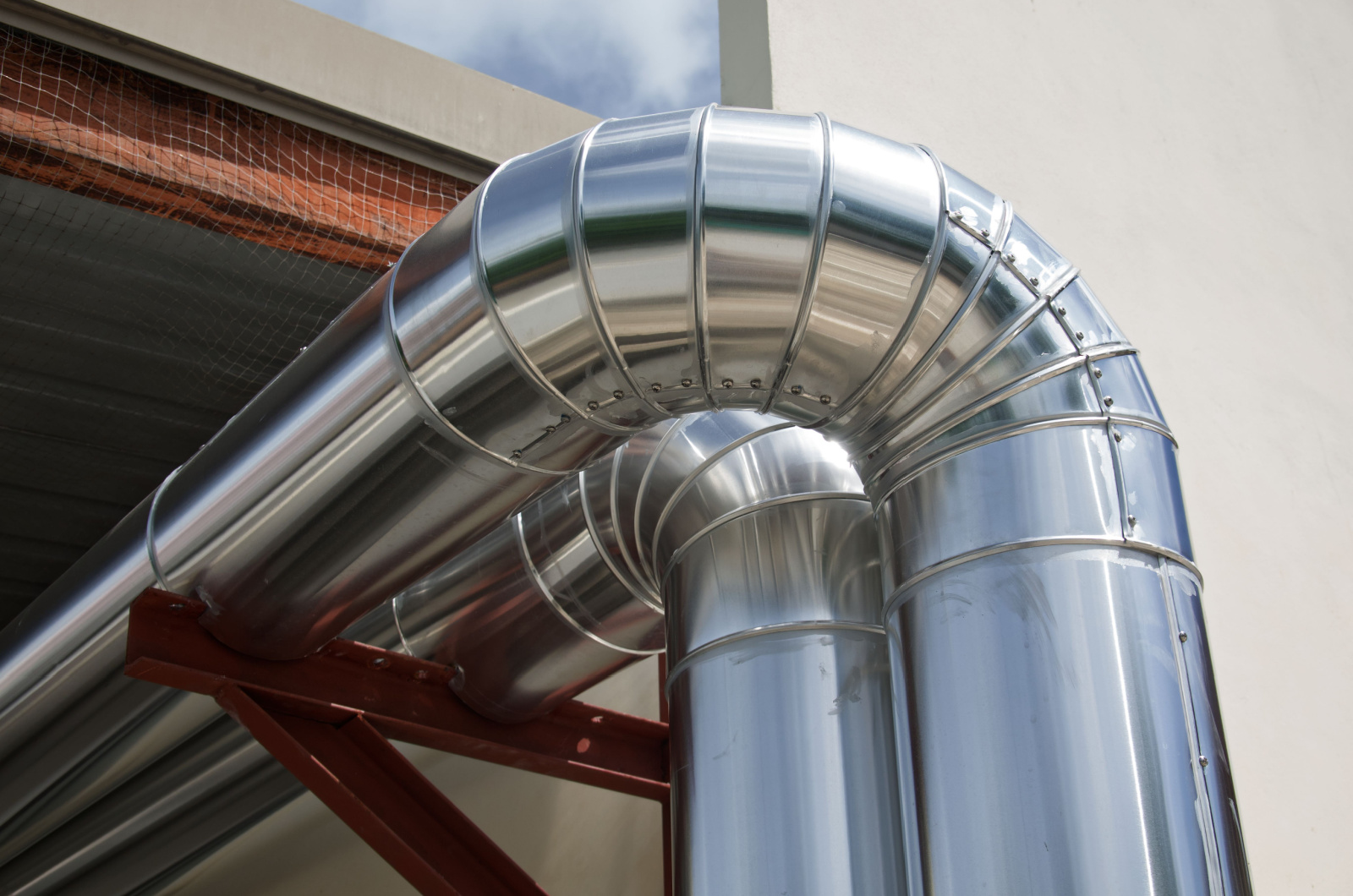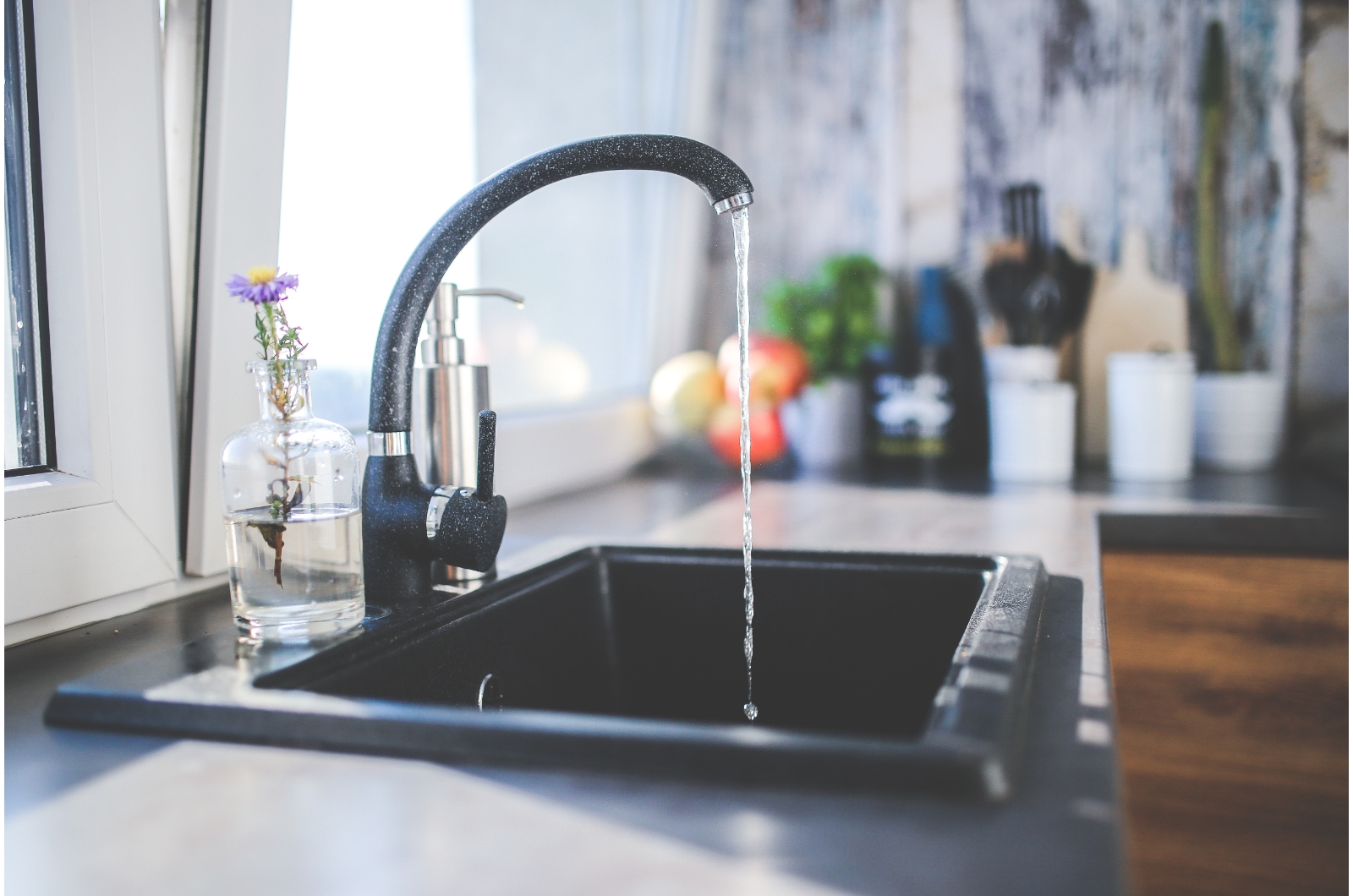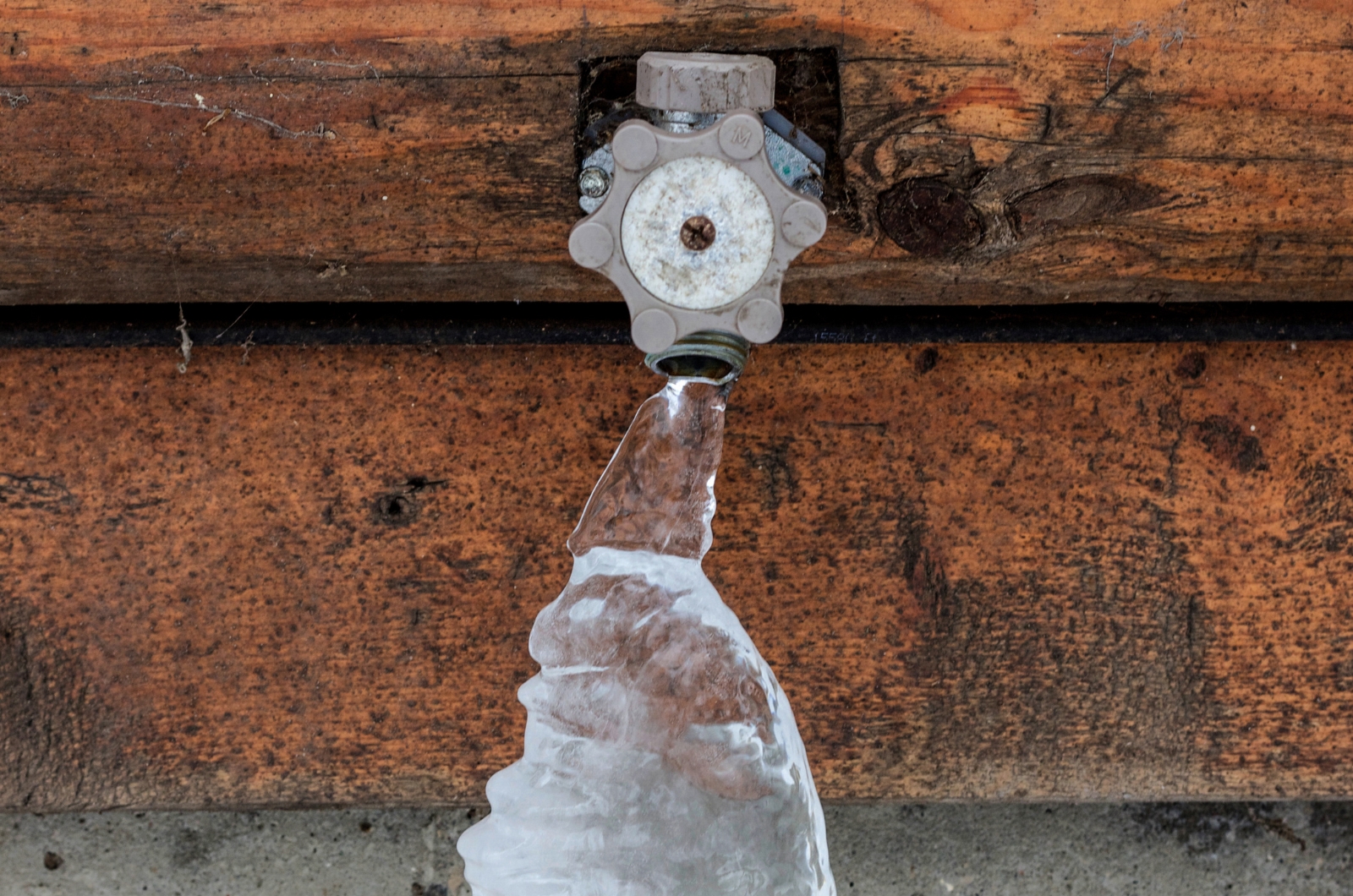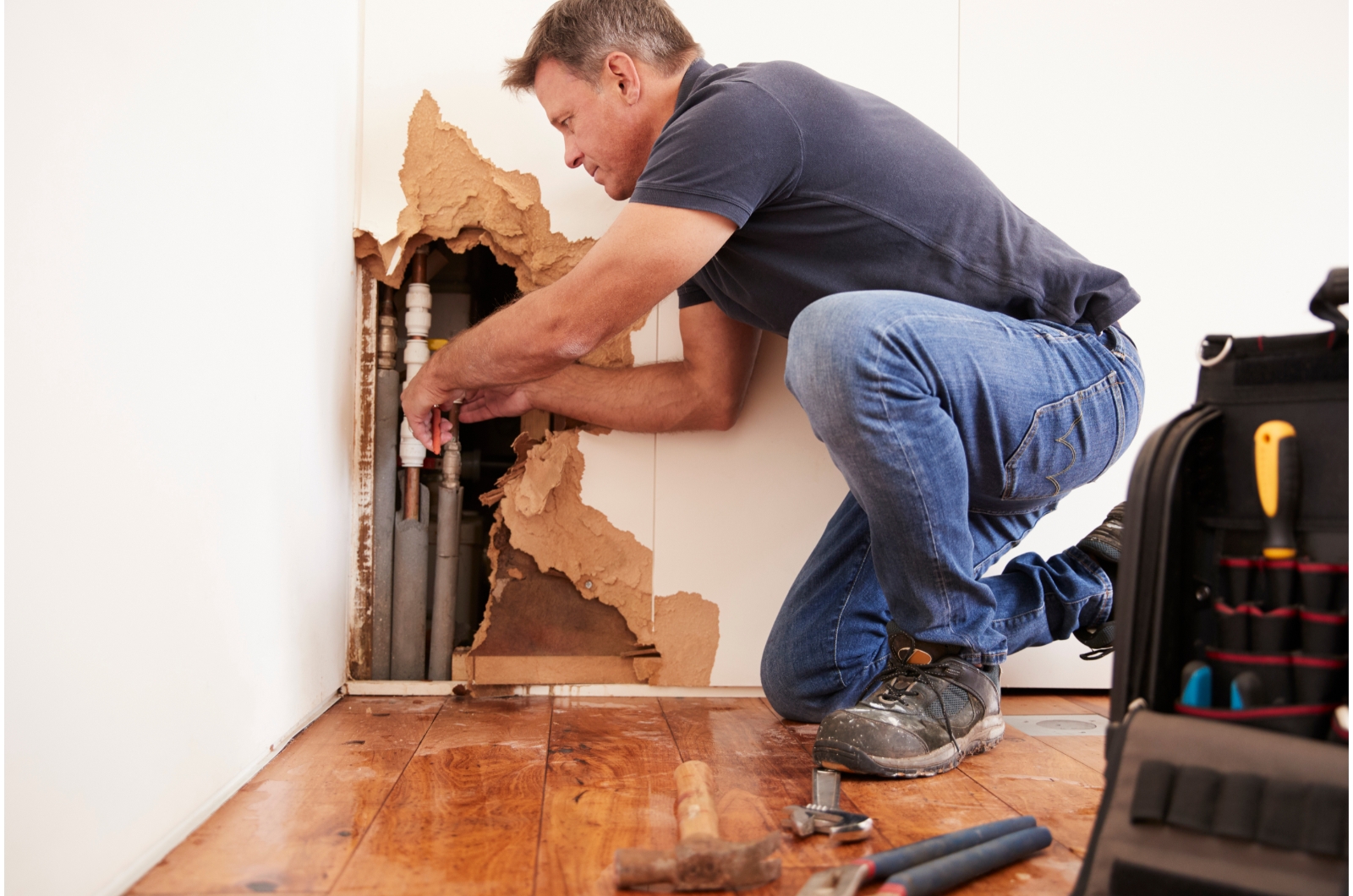We’ve cozied ourselves in our homes, got that fire going, and have finished with all the garden work for the winter.
Or have we?
There’s one thing you need to do if you want to have your garden up and running come spring – protecting your outdoor faucets.
If you live in northern climates, you know how pesky frozen spigots can be. This year, get out there and protect them in time!
Here are some things that can help you out!
#1 Disconnect The Hose
Hoses are a part of garden equipment you should never leave outdoors over winter. They can freeze and break, losing their main purpose.
Disconnecting them from the spigot and overwintering them in a shed or garage is crucial. If it freezes, it will cause the faucet to freeze, too.
This can lead to a lot of internal damage and cause a leaky spigot after it thaws. And if the faucet’s water supply freezes, it will break.
The bad news is, you won’t know about this kind of damage until everything defrosts and starts filling the wall cavity with water, flooding your home.
If you live in a northern state, you should do it right after Halloween because you never know when the deep freeze will hit.
For us in the South, we usually do it a month after – right after Thanksgiving.
#2 Turn Off Shutoff Valves And Drain The Water
Another important thing you need to do is ensure there is no leftover water in pipes that can freeze. This will prevent them from bursting afterwards.
You’ll have to check what kind of shutoff valves you have. If they are frost-proof, you don’t have interior valves you have to turn off.
But if you do have shutoff valves in your basement or the first-floor closet, you’ll have to turn them off to drain all the water left in the pipes.
#3 Cover The Faucet
I don’t have to stress how important it is to cover your bibs and faucets. You can do it by using Styrofoam or a faucet cover.
This will prevent wind and cold air from getting inside your spigot and freezing it.
You should consider covering your bibs even if you own frost-proof ones. This extra layer of protection can make or break your faucets.
They don’t cost much, especially when compared to the astronomical prices of plumbing and fixing damage water leaks do to your home.
#4 Insulate Visible Pipes
Covering the faucet is only half the struggle. You have to insulate any visible pipes if you want to be 100% sure no freezing and bursting will occur.
If you live in a beam or pier house and know there are exposed pipes underneath it, wrap them in insulation, heat cables, etc.
#5 Allow For The Circulation Of Warm Air
Even if you do all these things, low temperatures can still freeze your spigots and pipes. One thing you can do is open all the sink cabinets inside your home to allow for the circulation of warm air.
Set the furnace to at least 55°F and turn on the tap in the kitchen. Let it trickle so that the water in the pipes can move and not freeze.
What To Do In Case Your Outdoor Spigot Freezes
In case your spigot has already frozen, there are still some things you can do to prevent everything from bursting.
First, open the valve to alleviate water line pressure. If you know where its pipe runs and you know how to get to it, make sure to warm it, or the wall in front of it, up with a hair dryer or heater. This will thaw the ice inside it and reduce the pressure it causes on the plumbing.
NEVER use lighters, matches, candles, and open flames on pipes! This is a serious fire hazard.
Also, if your pipe has already burst, you’ll be able to hear the trickle of water inside your walls or see it on the floor.
Check the area beneath the hose bib (in your basement, most likely) and look for water. If you have a shutoff valve, now would be the good time to turn the water off.
In case you don’t have a shutoff valve, you’ll have to turn off your home’s main water supply. This is quite inconvenient, but it will help you reduce the damage.
And finally, call a plumber to fix your burst pipes or thaw them and reduce the damage.

